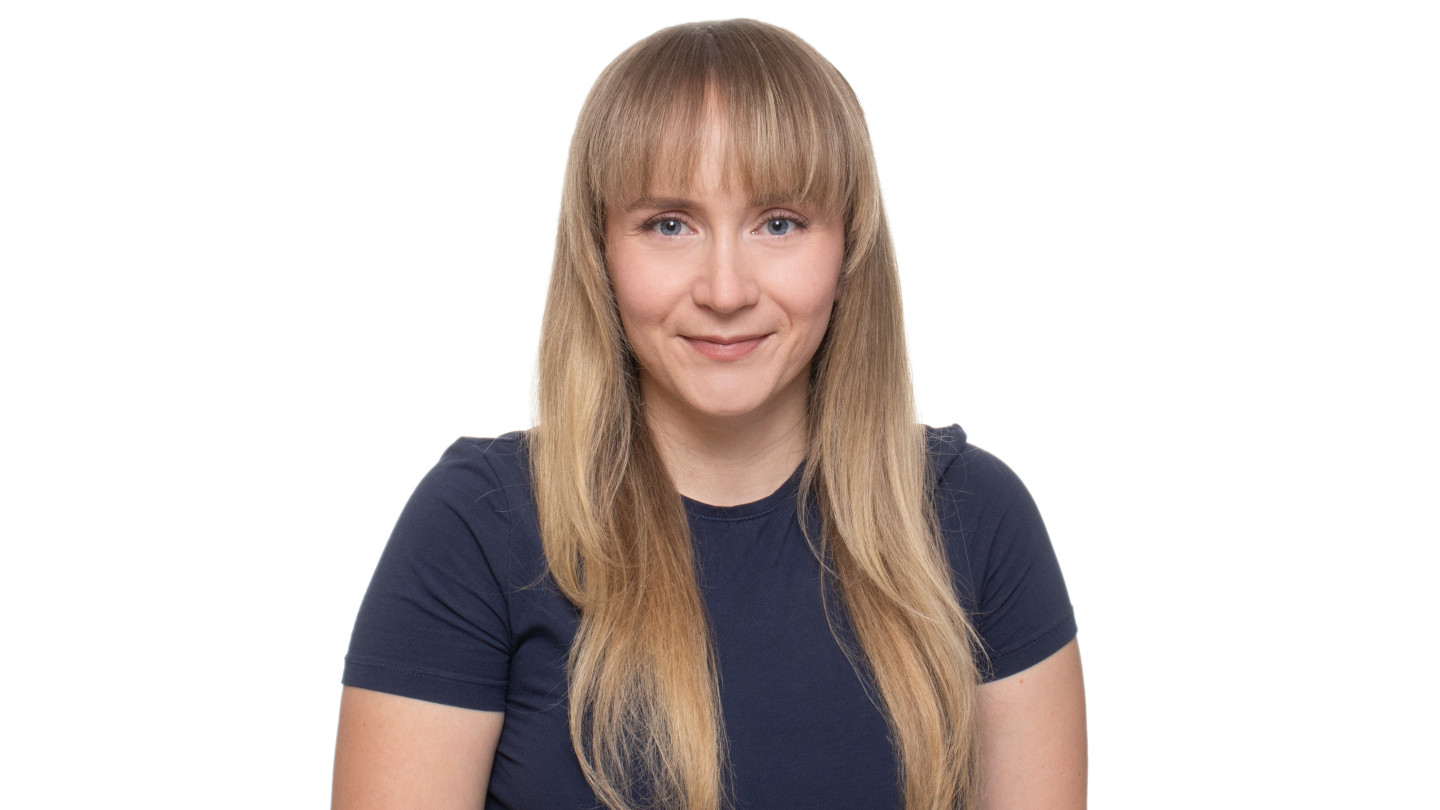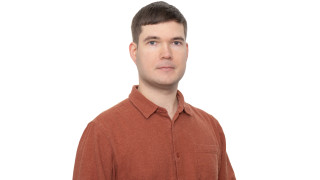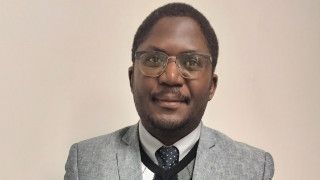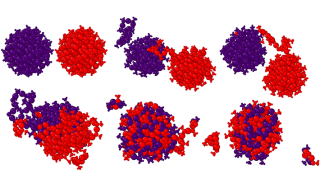Dissertation: Microbes are key players in plant health and adaptation (Burg)

Focusing on the Arctic-alpine plant Bistorta vivipara (nurmitatar in Finnish), Burg explored how both environmental conditions and host plant traits shape interactions with fungi and bacteria across altitude gradients in Fennoscandia. Her findings demonstrate that microbes are not just passive partners but key players in plant health and adaptation.
- The research shows that high-altitude environments strongly “filter” which microbes are present, but the plant itself selectively encourages beneficial partners in different tissues, such as roots and leaves. Functional analysis revealed that microbial gene activity is highest where conditions are least stressful—at low elevations and in roots—but crucial microbial “keystone species” can still drive important functions under harsher conditions, explains Doctoral Researcher Skylar Burg from the University of Jyväskylä.
Partnership between plants and high-altitude fungi
Notably, a field experiment showed that plants paired with native high-altitude fungal communities grew better under novel climate stress than those paired with lowland fungi—suggesting that certain microbes enhance plant resilience by improving nutrient access or stress signaling.
Together, the results support a “plant holobiont” view, where the plant and its associated microbial community act as a single, co-adapting unit. As climate change progresses, understanding these symbiotic systems may help predict ecosystem responses and inform conservation strategies in northern environments.
- These results highlight that when the environment becomes stressful, plants and microbes team up to help each other cope, comments Burg.
MSc Skylar Burg defends their doctoral dissertation "Unearthing the roots of symbiosis: Abiotic and biotic drivers of plant-microbial interactions” on Friday 15.8.2025 at 12 at the Old Assembly Hall (S212) at University of Jyväskylä. The opponent is Professor Peter Kennedy (University of Minnesota) and custos is Associate Professor Nerea Abrego Antia (University of Jyväskylä). The language of the event is English.
The event will be streamed live online:
Follow the event via live stream on Moniviestin
The dissertation will be available in the JYX publication archive: https://jyx.jyu.fi/jyx/Record/jyx_123456789_104235






